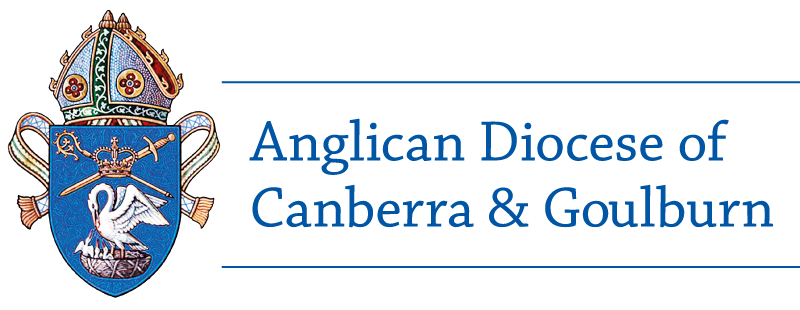Do you ever wake up in the morning to find the latest drama you are dealing with entering your mind as you surface? As you drive to work or engage with your favourite activity, do you start mentally turning things over, looking for a solution? Someone commented at a recent meeting I attended, ‘Why isn’t life more fun?’
Malcolm Fraser once said, ‘Life wasn’t meant to be easy’. He got that right. When we think back through Christian history and the struggles of the church, and the ultimate sacrifice of the martyrs, this is only too evident. Our own life experience will no doubt provide the same evidence.
Why isn’t life more fun? It’s because we’re human. We make mistakes. Human nature is to leave God on the fringe rather than have him at the centre of our lives. This is at the heart of sin. This is why Jesus came to redeem us. His death and resurrection dealt with sin and its consequences, but for the redeemed it still takes time for the physical reality to catch up with the spiritual reality.
I often liken our struggle with sin to our struggle with physical illness. God has designed our human bodies to heal if the right conditions are in place. If we cut ourselves and keep the wound clean, it will heal. If we break a limb and set the bone properly, it will heal. It’s this very principle, programmed by God into every living cell, which allows surgeons to make the difference they do in the lives of the suffering.
And so it is with the things that go awry in our personal circumstances and situations; the conflicts we become embroiled in; the relationships that turn sour; even the things that unravel in the world around us. These things too, can heal, given the right conditions.
What are the right conditions? I am talking to the redeemed here. Those who have been saved; those who belong to God. For those who walk with the Lord, he works with us and in us to bring healing to the fractured circumstances of our lives.
God has given us two simple conditions that promote healing. They’re found in the words of Jesus as he summarised the Ten Commandments: ‘Love the Lord your God with all your heart and with all your soul and with all your mind.’ This is the first and greatest commandment. And the second is like it: ‘Love your neighbour as yourself.’ In our own difficult situations, healing can happen if we provide these conditions. Conflict and pain and fear can heal, just as our physical bodies can.
Broken relationships can heal if both parties are prepared to practice love for God and for one another, with the kindness, compassion, and forgiveness that characterise it. Broken people can heal. Broken workplaces can heal. Broken parishes and ministry units and schools can heal.
Anything of real value is worth grappling with. It may be difficult to persevere and seek wholeness in the face of things that bring us down, but God continues to heal and restore us as we cooperate with his sanctifying work in our lives. If we follow his commandments in the power of the Holy Spirit who lives within, his healing can flow into the darkest corners of our experience.
And then life is certainly more fun!
This may sound simplistic, particularly when conflict and difficulty involves another party who doesn’t get it. However there is great wisdom in focusing on what we can change rather than what we can’t. With God’s help, we can change ourselves, and we can leave the other party to God. Whenever we serve God faithfully, inviting him into the parts of our lives we struggle with, it opens the way for his Holy Spirit to bring forth transformation in us.
As with physical healing, we may not experience final victory until we meet Jesus face to face. In the meantime, Jesus calls us to love God and our neighbour, to rejoice in what healing may come, and to trust him with the rest.
God’s people and God’s world are moving inexorably toward that time when all will be made new. However, we can still experience victory and healing in the here and now, by the power of his redeeming spirit as we partner with him in our sanctification.

